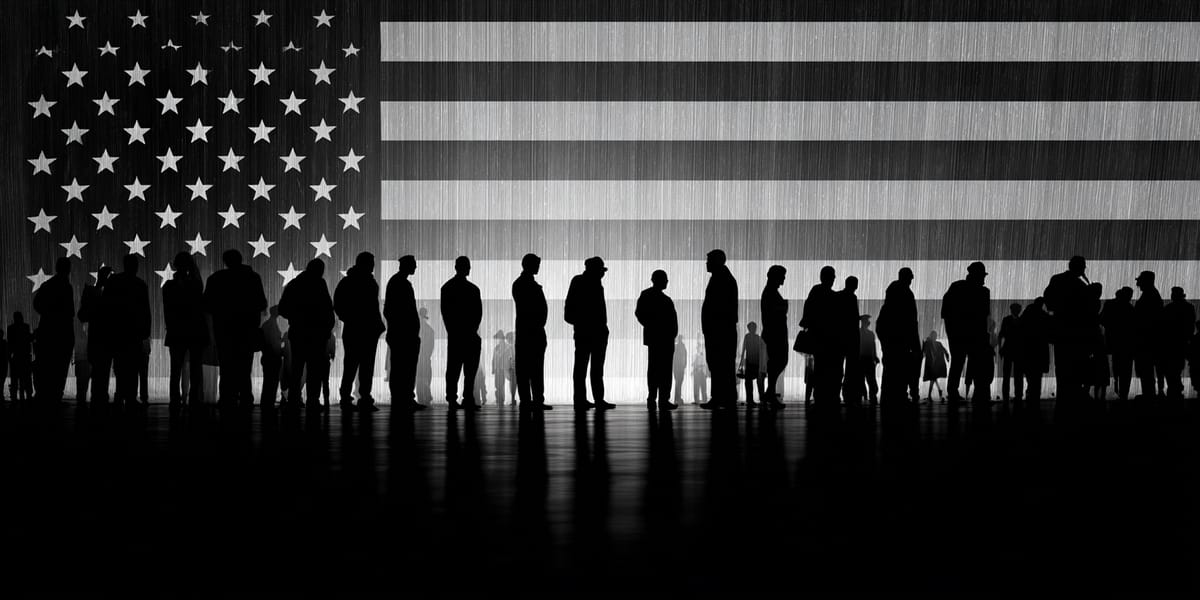Major Technology Companies Face New $100,000 H-1B Worker Visa Charges

President Donald Trump signed an executive order Friday imposing a $100,000 annual fee on H-1B visas. The policy targets companies hiring foreign workers in specialized occupations. According to CNBC, the fee applies to new applicants starting with the upcoming lottery cycle.
The announcement sent immediate shockwaves through corporate America's largest employers. Amazon's immigration team advised H-1B holders to remain in the United States. JPMorgan Chase's law firm issued similar guidance to visa holders about avoiding international travel.
The fee represents the administration's most aggressive move to restrict legal immigration since January. Major technology companies employ the most H-1B workers. Amazon held more than 14,000 H-1B visas as of June 2025.
Why This Policy Change Matters
The new fee structure will generate billions in revenue while reshaping corporate hiring strategies. Companies previously paid minimal fees of $215 for lottery registration plus filing costs. The $100,000 charge represents a 46,000% increase from current rates.
CBS News reports that Amazon employed over 10,000 H-1B workers in 2024. Microsoft, Meta, Apple and Google each sponsored thousands of visas. For the largest employers, annual costs could exceed $1 billion.
The policy aims to discourage companies from using H-1B visas for lower-skilled positions. Commerce Secretary Howard Lutnick stated companies must prove workers provide exceptional value. The fee ensures only highly valuable foreign workers justify the expense.
Technology Industry Faces Major Restructuring
The H-1B program has become essential to America's technology workforce since 1990. Professional and technical services account for half of all H-1B approvals annually. Pew Research Center data shows 65% of H-1B workers held computer-related jobs in 2023.
Indian nationals received 71% of H-1B approvals in fiscal year 2023. India's Ministry of External Affairs expressed concern about family disruptions. The policy could affect millions of workers and their dependents currently in the United States.
Startup companies and smaller technology firms may struggle most with the increased costs. American Immigration Council research shows H-1B workers often complement rather than replace American workers. The fee may force companies to relocate operations overseas.
Critics argue the policy will harm American competitiveness in global talent markets. Supporters believe it protects domestic workers from wage depression. The program caps new visas at 85,000 annually with demand far exceeding supply.
Further Reading
For deeper insights into global adoption trends, our Alternative Financial Systems Index tracks regulatory frameworks and adoption metrics across 50 countries. The index provides comprehensive analysis of policy changes affecting international business operations.




